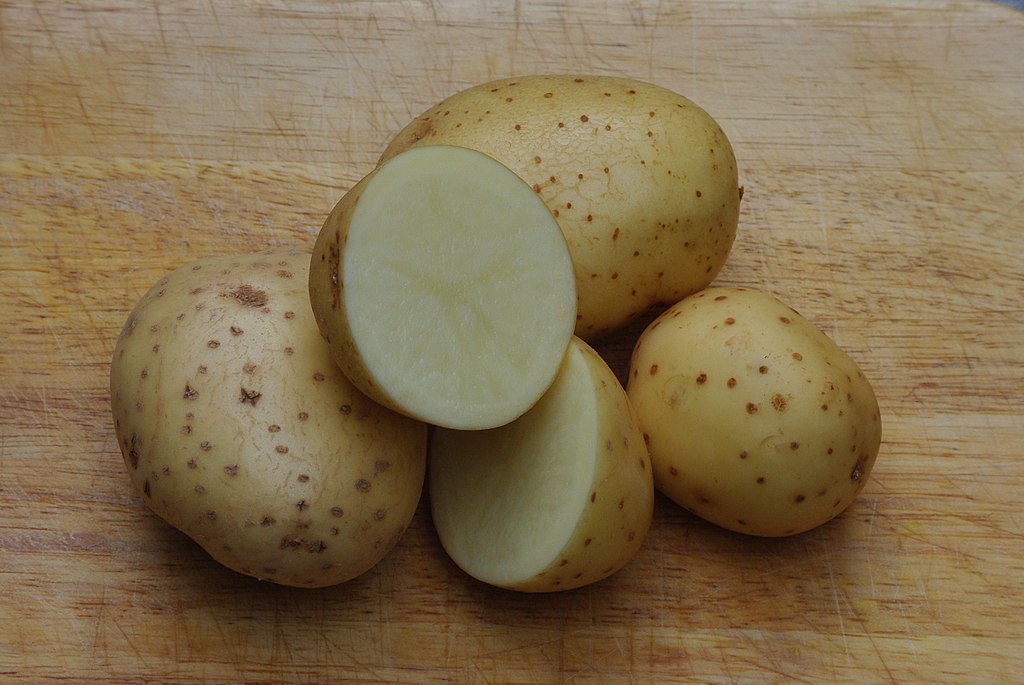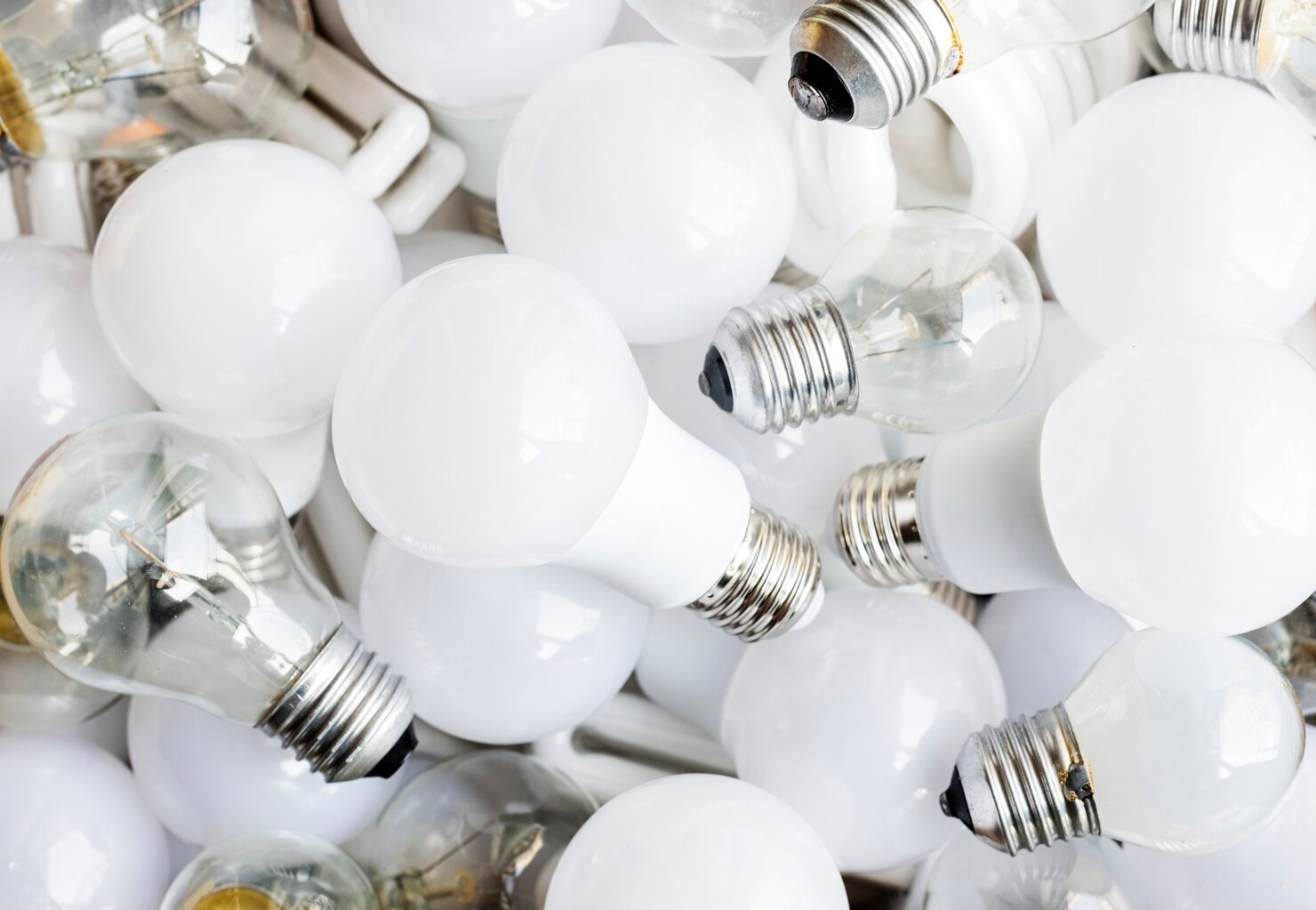
Ever found yourself in the tricky situation of dealing with a broken lightbulb? We’ve all been there. But fear not! Your light fixture doesn’t have to succumb to darkness. In this illuminating guide, lighting experts spill the secrets of how to safely and effortlessly remove a broken lightbulb. From the culprits behind the breakage to expert tips on swift removal, we’ve got you covered!
Safety Comes First
Before diving into the rescue mission, make sure you are well-prepared as safety is important. Armed with a handy meter kit, including an outlet tester, voltage meter, and a touchless voltage tester, ensure the power is truly off.
Double down on safety by turning off the switch and breaker. Get some needle nose pliers to help you by popping them into the socket, twisting counter-clockwise, and keeping a steady pressure. But if that doesn’t work, you can try something you likely have at home—a potato!
Tricks for Removal
Cut in half, the potato’s density offers the appropriate leverage, ensuring a swift, counterclockwise twist to free your lightbulb from its shattered predicament. A bar of soap can also be your next lightbulb-saving hero. Just like with the potato trick, give it a twist and a push into the socket, then twist counterclockwise. Just make sure it’s dry. But sometimes even potatoes and soap aren’t enough.

When that happens, experts recommend an extractor kit. It comes with a glass protector to shield your face from unexpected shards. Some even sport an extended pole for ground-level convenience. After you’ve removed all the parts from your light fixture, it’s time for cleanup.
Cleanup and Disposal
If it’s an incandescent bulb, after the initial pick-up, vacuuming is ideal for a glass-free finish, as sweeping can leave behind surprise shards. If it’s an LED or compact fluorescent bulb, don’t use a vacuum as it can spread mercury-containing powder. Use a damp paper towel for the shards and sticky tape for the tiny fragments. Ventilate the area during and after cleanup.

Finally, make sure you dispose of the bulb remnants properly. Check your local regulations; some areas demand recycling, while others allow you to toss it in your normal household trash. Double bagging is the safest to make sure you don’t end up cleaning it up all over again.